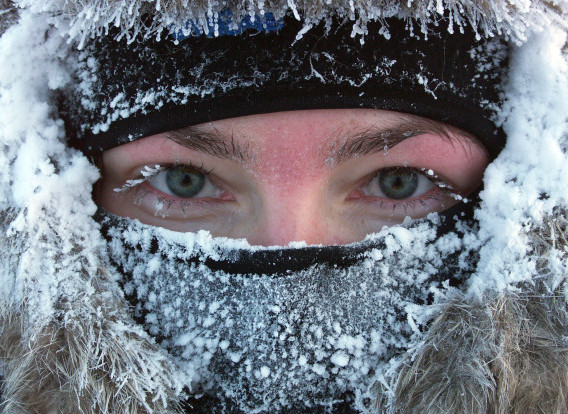Frostbite is an injury caused by freezing of the skin and underlying tissues. First your skin becomes very cold and red, then numb, hard and pale. Frostbite is most common on the fingers, toes, nose, ears, cheeks and chin. Exposed skin in cold, windy weather is most vulnerable to frostbite.
Signs and Symptoms
While a massage therapist is most likely to encounter just the first stage, there are four degrees of frostbite severity, each with their own symptoms:
1 First Degree – Known as frostnip, this affects only the skin’s surface. Initial symptoms are itching and pain, and some numbness may exist. These symptoms are usually not permanent.
2 Second Degree – This level involves freezing of the skin, but not deep tissue. The affected area usually will develop blisters one to two days after cold exposure.
3 Third Degree – Possibly causing a temporary loss of use of the affected area, this level is deep enough to involve tissue, muscle and tendons. The skin turns hard and waxy and purplish, and blood-filled blisters may be present.
4 Fourth Degree – Freezing tissue, muscle and tendon, this is the most severe stage of frostbite. The affected area suffers permanent loss of function and is at risk for possible amputation due to infection.
Medical help should be sought right away to prevent permanent tissue damage, as the extent of the injury may not be apparent until the area is re-warmed. If medical care is not available immediately, a mildly frostbitten area can be warmed in warm water (101 – 104° F), or by repeatedly applying warm cloths to the area for 30 minutes. Never use hot water, fire, a heating pad, or other dry heat because these methods may burn the skin before the feeling returns.
Because the affected area may swell, remove any jewelry before re-warming. You can also give the person with frostbite something warm to drink (no alcohol or caffeine).


